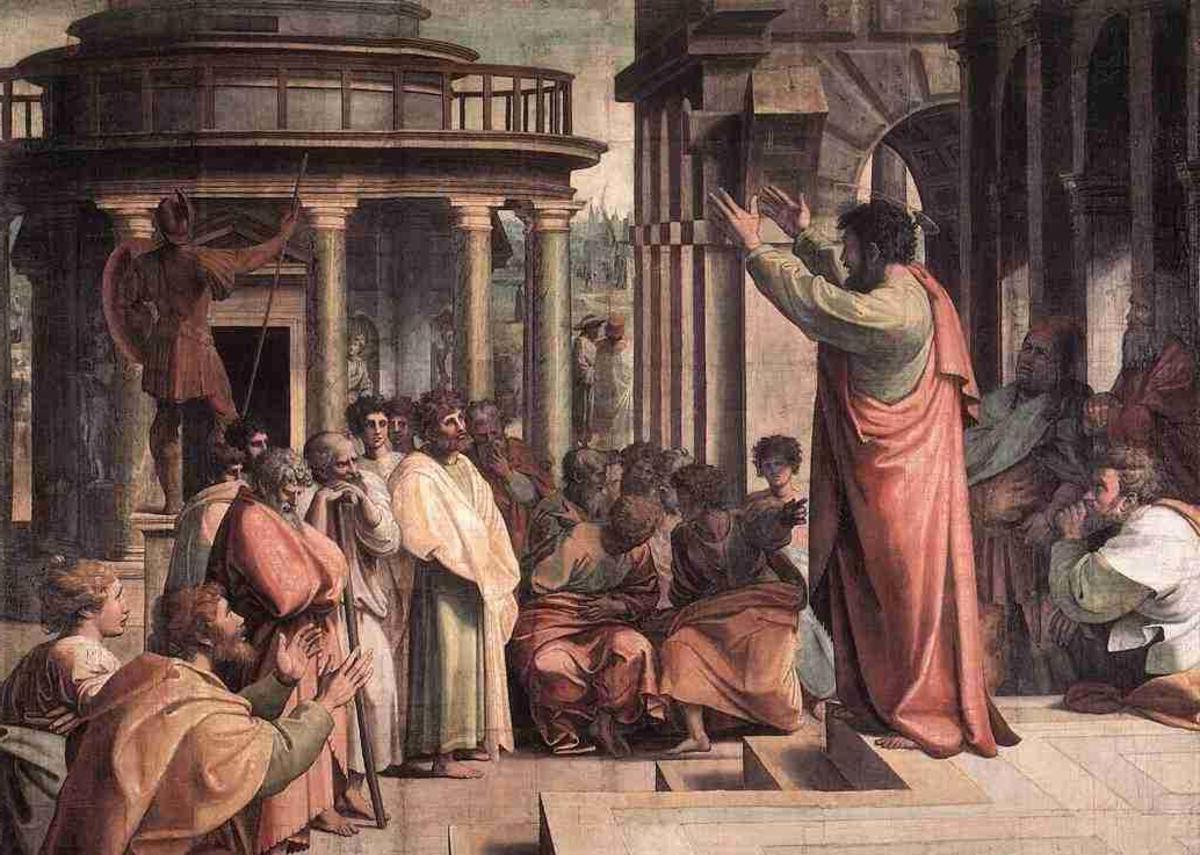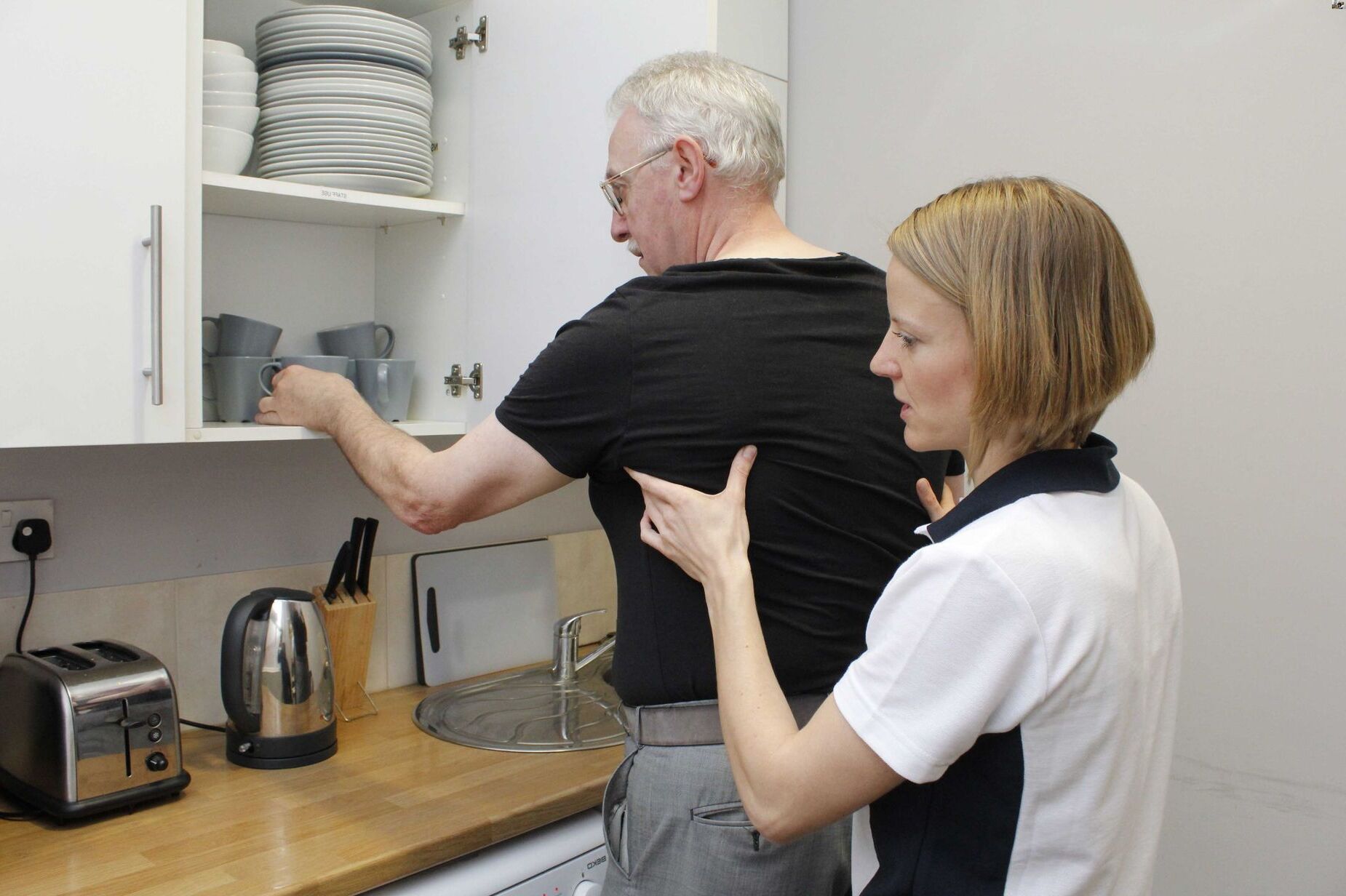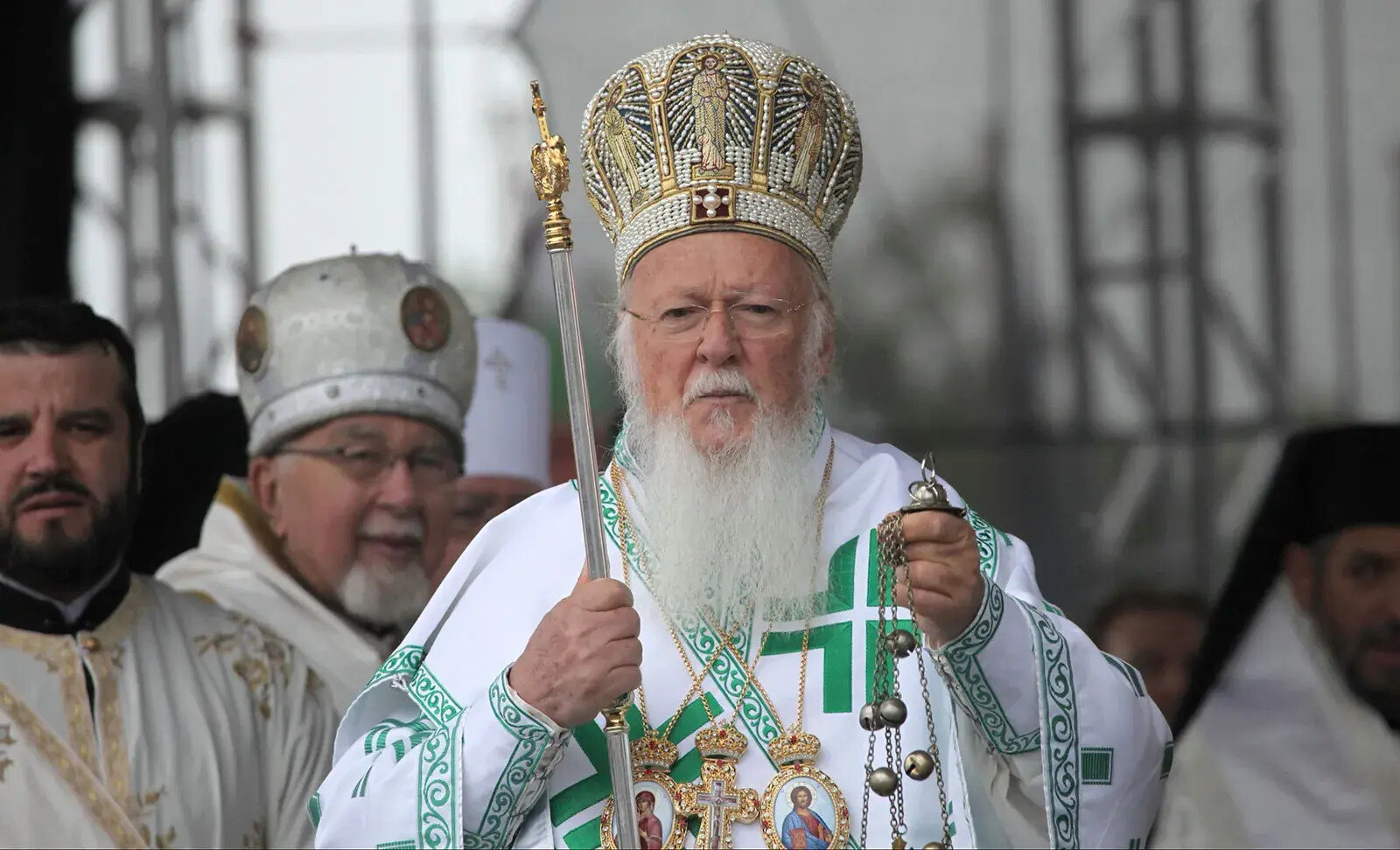
Ever wondered what makes the Pope so special? The Pope, also known as the Pontiff, is the spiritual leader of over a billion Catholics worldwide. This position isn't just about wearing fancy robes and living in the Vatican. The Pope has a unique role that combines spiritual guidance, political influence, and historical significance. From the election process to the daily responsibilities, there's a lot to uncover about this fascinating figure. Whether you're curious about the Pope's duties, his influence on global affairs, or some quirky facts, you're in the right place. Let's dive into 50 intriguing facts about the Pontificate!
What Does Pontificate Mean?
Pontificate is a term often associated with the Pope or bishops in the Catholic Church. It can also mean to speak or express opinions in a pompous or dogmatic way. Let's dive into some fascinating facts about this intriguing word and its usage.
- The word "pontificate" comes from the Latin word "pontifex," meaning "bridge builder."
- In ancient Rome, a pontifex was a member of the principal college of priests.
- The Pope is often referred to as the "Supreme Pontiff" in the Catholic Church.
- Pontificate can also mean to speak in a self-important or dogmatic manner.
- The term is often used in a negative context when describing someone who is overly authoritative.
Historical Context of Pontificate
Understanding the historical context of pontificate helps us appreciate its significance. Here are some key historical facts:
- The College of Pontiffs was one of the most important religious bodies in ancient Rome.
- Julius Caesar served as Pontifex Maximus before becoming the dictator of Rome.
- The title "Pontifex Maximus" was later adopted by the Roman Emperors.
- The term was eventually used exclusively for the Pope in the Catholic Church.
- The Pope's pontificate refers to the period during which he serves as the Pope.
Pontificate in Modern Times
Pontificate has evolved over time, but it still holds significant meaning today. Here are some modern facts:
- Pope Francis began his pontificate on March 13, 2013.
- The average length of a papal pontificate is about 7.5 years.
- The longest pontificate was that of Pope Pius IX, lasting 31 years.
- The shortest pontificate was that of Pope Urban VII, lasting only 13 days.
- Modern popes often use their pontificate to address global issues like poverty and climate change.
Pontificate in Language and Literature
The word pontificate has found its way into various forms of language and literature. Here are some interesting facts:
- Pontificate is often used in political commentary to describe authoritative speech.
- The term appears in many classic literary works, including those by Shakespeare.
- In modern literature, pontificate is used to describe characters who are overly opinionated.
- The word is often used in journalism to critique politicians and public figures.
- Pontificate can also be found in academic writing, particularly in theology and philosophy.
Fun Facts About Pontificate
Let's explore some fun and lesser-known facts about pontificate:
- The word "pontificate" can be used as both a noun and a verb.
- In Scrabble, "pontificate" scores 17 points.
- The term is often used in debates to describe someone who speaks at length without listening.
- Pontificate has a synonym: "sermonize."
- The word is often used humorously to describe someone who loves to hear themselves talk.
Pontificate in Pop Culture
Pontificate has also made its mark in pop culture. Here are some pop culture facts:
- The term is frequently used in political satire shows.
- Pontificate has been used in movie dialogues to describe pompous characters.
- The word appears in several popular TV series, including "The West Wing."
- Pontificate is often used in podcasts to describe long-winded discussions.
- The term is popular in social media to critique influencers and public figures.
Pontificate and Religion
Pontificate has deep roots in religion, particularly in the Catholic Church. Here are some religious facts:
- The Pope's official residence during his pontificate is the Apostolic Palace in Vatican City.
- The Pope's pontificate begins with a papal inauguration ceremony.
- During his pontificate, the Pope often travels to various countries to meet with Catholics.
- The Pope's pontificate is marked by issuing encyclicals, which are important letters addressing key issues.
- The Pope's pontificate ends with his death or resignation.
Pontificate and Leadership
Pontificate is often associated with leadership and authority. Here are some leadership facts:
- The Pope's pontificate is seen as a period of spiritual leadership for Catholics worldwide.
- During his pontificate, the Pope appoints bishops and cardinals.
- The Pope's pontificate includes leading major religious ceremonies, such as Easter and Christmas Mass.
- The Pope's pontificate often involves addressing global political leaders.
- The Pope's pontificate is marked by efforts to promote peace and social justice.
Pontificate and Controversies
Pontificate is not without its controversies. Here are some controversial facts:
- Some pontificates have been marked by scandals and corruption.
- The pontificate of Pope Alexander VI is often cited as one of the most controversial.
- The pontificate of Pope Benedict XVI faced criticism over handling of abuse cases.
- The pontificate of Pope Francis has faced opposition from conservative factions within the Church.
- Despite controversies, the pontificate remains a significant period of leadership and influence.
Pontificate and Technology
Even in the realm of technology, pontificate has its place. Here are some tech-related facts:
- The Pope's pontificate is often documented through social media platforms like Twitter.
- During his pontificate, Pope Francis has embraced technology to reach a global audience.
- The Vatican has its own YouTube channel to broadcast the Pope's pontificate.
- The Pope's pontificate includes addressing issues related to technology and ethics.
- The use of technology has allowed the Pope's pontificate to have a broader and more immediate impact.
Final Thoughts on Pontificates
Pontificates have shaped history in ways both grand and subtle. From influencing major political decisions to guiding spiritual journeys, their impact is undeniable. These leaders, often seen as the moral compass of their times, have left legacies that continue to resonate. Whether through groundbreaking reforms or controversial decisions, each pontificate tells a unique story. Understanding these facts not only enriches our knowledge of history but also provides insight into the complexities of leadership and faith. As we reflect on these 50 facts, it's clear that the role of a pontiff is multifaceted, blending tradition with the demands of the present. This blend of past and present ensures that the influence of pontificates remains relevant, offering lessons and inspiration for future generations.
Was this page helpful?
Our commitment to delivering trustworthy and engaging content is at the heart of what we do. Each fact on our site is contributed by real users like you, bringing a wealth of diverse insights and information. To ensure the highest standards of accuracy and reliability, our dedicated editors meticulously review each submission. This process guarantees that the facts we share are not only fascinating but also credible. Trust in our commitment to quality and authenticity as you explore and learn with us.


